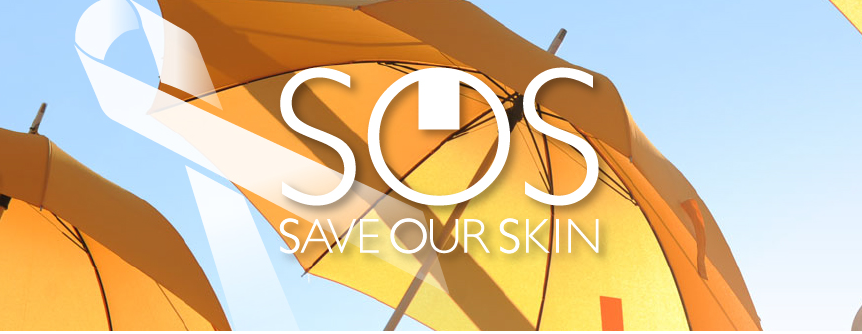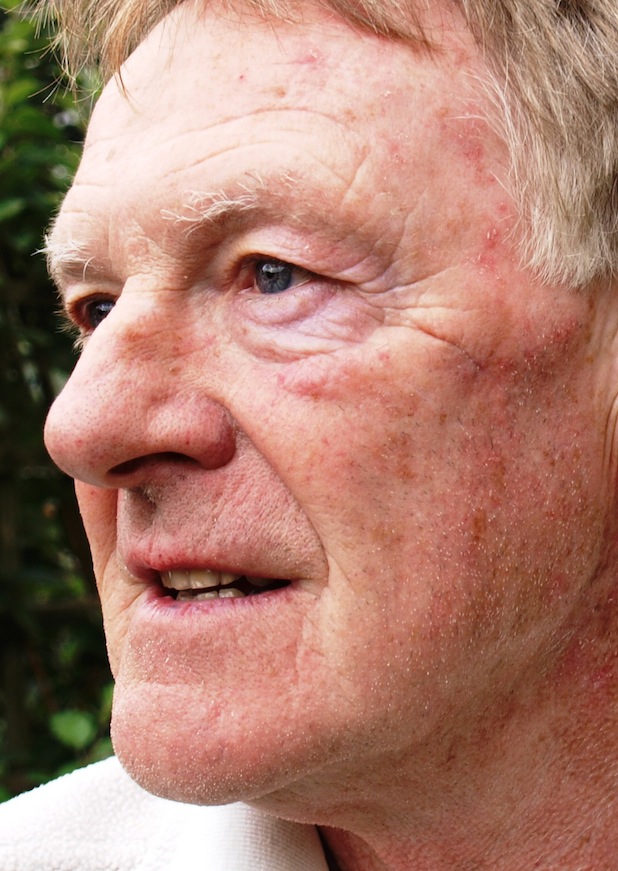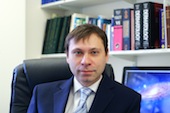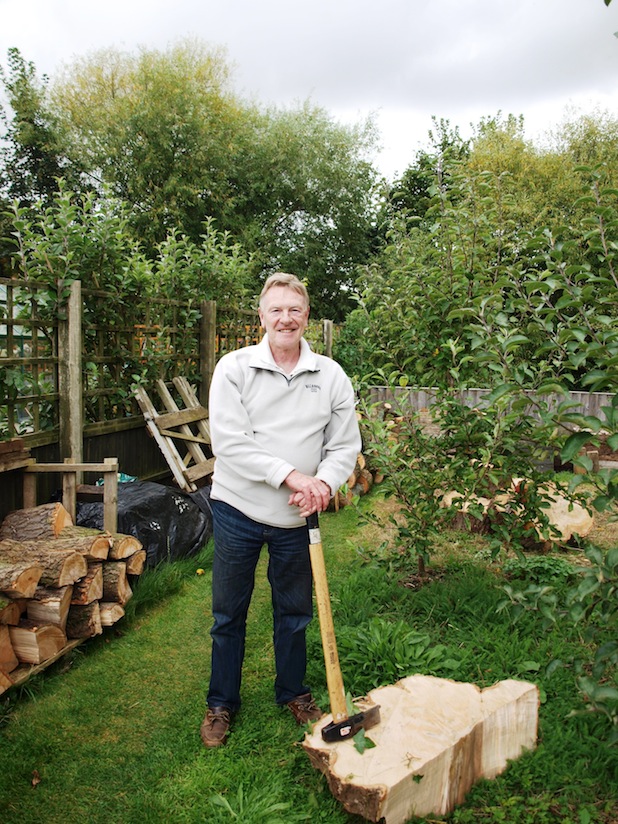For the third consecutive decade, skin cancer is on the rise with the highest mortality rates amongst those with darker skin tones. Even though the summer season is over, we are still at risk.
A surprising 80% of sun damage comes from everyday exposure[1]. Consequently, there is still a great amount of education needed regarding the importance of proper daily sun protection. To help educate the public and turn these frightening statistics around, the acting Surgeon General recently issued a call to action to bring awareness to the dangers of UV radiation and the importance of daily sunscreen use[2].
 .
.
The sun safe crusaders at La Roche-Posay have been advocating this message for the last five years with the SOS – Save Our Skin program, providing over 10,000 free skin cancer screenings throughout various events across the country and handing out more than 500,000 free sunscreen samples. However, despite these efforts, a new study reveals sunscreen use has declined significantly among young people over a 10 year period[3].
In addition, nearly five million Americans are treated for skin cancer each year[4] and the number of people with skin cancer has grown higher than all other cancers combined[5]. Even those with darker skin tones are at risk as skin cancer does not discriminate. These stats are scary, but luckily skin cancer is preventable; and when detected early, it is in most cases curable with a full recovery.
With skin cancer risks increasing within the ethnic communities, La Roche-Posay joined forces with the Women’s Dermatologic Society (WDS) to help educate the public and enforce a change in sunscreen habits for the skin of color population through a nationwide program. Throughout 2014, the WDS in partnership with La Roche-Posay were present at key events targeting the ethnic skin audience where free skin cancer screenings and sunscreen samples were offered. A total of 763 people were screened with suspicious lesions detected in nearly a third of the checks. As part of this outreach, a survey was also given to over 200 attendees with skin of color to learn more about their sun safety habits, and a number of alarming findings were discovered, including:
— Nearly 60% of attendees had never received a skin check
— Only 50% apply sunscreen during outdoor activities
— Almost 25% never reapply
— More than 50% agree that sunscreen is NOT necessary when it’s cloudy
outside
The good news is that the partnership is clearly making a difference and starting to get the sun safe message across to those who are willing to listen. After learning about the risks of sun exposure, an astounding 80% of attendees will now wear sunscreen on a daily basis and 97% agree that the event’s skin cancer screening has made them more aware of practicing sun safety[6]!
“In keeping with our mission of providing everyday sun safety education for all, the WDS joined forces with La Roche-Posay to engage all demographics, from students to adults, men and women of all races,” said Dr. Valerie Callender, President of the Women’s Dermatologic Society. “While we are thrilled that this message has gotten the attention of many participants, there is still so much more education to do regarding sun safe behavior. We will continue to dedicate our efforts to raise awareness not only during sun season, but year-round!”
To continue to spread this daily sun safety message throughout various communities, La Roche-Posay set up a Facebook campaign to reward charitable organizations who are actively helping to educate about the risks of sun exposure. Fans nominated their favorite charities, and two organizations, Mollie’s Fund and SunSafe San Diego, received the most nominations for their commitment to educating young people on the importance of sun safety. Both organizations target young adults and teenagers, making them aware of the risks at a young age through sun safety awareness events within their communities and beyond. The goal is to combat the harsh reality that there continues to be indifference regarding the use of daily sunscreen and tanning device dangers among adolescents and young people.
In an effort to further increase sun safety year-round, La Roche-Posay will be offering 40% off of their Anthelios 40 Sunscreen through November 15(th) by using the PROMO code SOS40 at checkout. Visit www.laroche-posay.us.
About LA ROCHE-POSAY and ANTHELIOS
Recommended by more than 25,000 dermatologists worldwide, La Roche-Posay offers a unique range of daily skincare developed with dermatologists to meet their standards in efficacy, tolerance and elegant textures for increased compliance. The products, which are developed using a strict formulation charter, include a minimal number of ingredients to reduce side effects and reactivity and are formulated with active ingredients at optimal concentrations for increased efficacy. Additionally, La Roche-Posay products undergo stringent clinical testing to guarantee efficacy and safety, even on sensitive skin.
A leader in advanced UVA formulation research and innovation for over 15 years, La Roche-Posay’s Anthelios sunscreen range is trusted and recognized by dermatologists all over the world for providing effective UVA and UVB protection. The range features advanced patented sunscreen technologies, including 100% mineral-based UV protection formulas, as well as those developed with Mexoryl(TM)SX, a unique, key ingredient that acts as a short wave UVA filter, and most recently, CELL-OX SHIELD(TM) XL, a powerful, synergistic combination of filters that provides UVA/UVB and antioxidant protection using 21% fewer ingredients. All Anthelios sunscreens are known for their effective, broad-spectrum protection as well as their fast-absorbing, lightweight and cosmetically elegant texture.
About SOS – Save Our Skin
Now in its fifth year, La Roche-Posay continues its SOS – Save Our Skin to not only inform Americans about the dangers of UV rays and the importance of sun safety, but to also encourage true behavioral change, such as incorporating sun protection in their daily routines and visiting their dermatologists for regular skin checks. In partnership with the Women’s Dermatologic Society (WDS), the SOS – Save Our Skin campaign lives through a series of initiatives, including skin checks at sporting events, local hospitals and drug stores as well as free skin checks offered to all L’Oreal corporate employees. To learn how to do a self-check and choose the right protection, visit www.sossaveourskin.com.
About the WDS
The Women’s Dermatologic Society, founded in 1973, is dedicated to helping dermatologists fulfill their greatest potential and assisting them in making a contribution to the specialty and society. To achieve this goal, the Society relies on the active participation of its members, who represent a diverse cross-section of professional subspecialties. The mission of the Women’s Dermatologic Society is to support dermatologists by striving to: promote leadership and the development of relationships through mentoring and networking; demonstrate a commitment to service through community outreach and volunteerism; provide a forum for communications and research relevant to women’s and family issues; advocate excellence in patient care and education, and promote the highest ethical standards. www.playsafeinthesun.org and www.womensderm.org
[1] http://www.ncbi.nlm.nih.gov/pmc/articles/PMC3790843/
[2] http://www.surgeongeneral.gov/library/calls/prevent-skin-cancer/call-to-action-prevent-skin-cancer.pdf
[3] Dermatology Times, Oct. 2014, p. 56
[4] U.S. Department of Health and Human Services. The Surgeon General’s Call to Action to Prevent Skin Cancer. Washington, DC: U.S. Dept of Health and Human Services, Office of the Surgeon General; 2014: page 1.
[5] American Cancer Society. Cancer Facts & Figures 2014. http://www.cancer.org/acs/groups/content/@research/documents/webcontent/acspc-042151.pdf. Accessed June 2, 2014.
[6] La Roche-Posay. Data on file.




